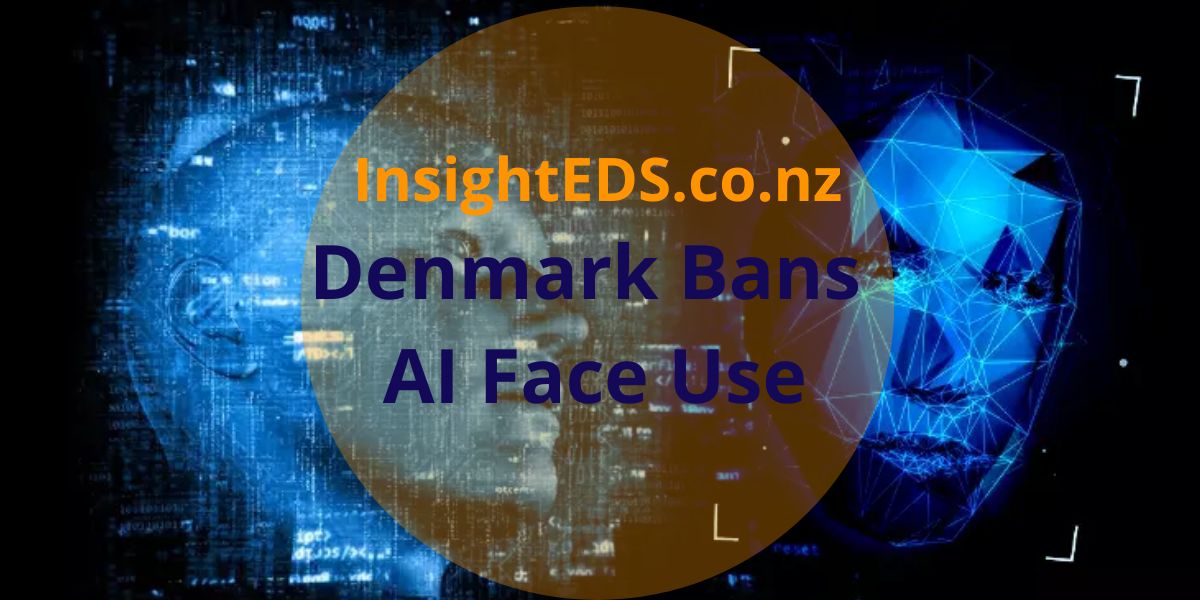
Denmark Bans AI Face Use – Deepfakes: A New Era for Digital Identity Security
Denmark bans AI face use by taking a world-leading step in protecting citizens from AI-generated deepfakes—realistic digital imitations of a person’s face, voice, or body. By amending its copyright law, the Danish government will ensure that your likeness legally belongs to you.
This first-of-its-kind law in Europe gives individuals the right to demand removal of deepfake content shared without consent. Tech platforms that ignore takedown requests could face severe fines and even action from the European Commission.
Culture minister Jakob Engel-Schmidt calls deepfakes a “digital copy machine” that can misuse identities for malicious purposes. With nine out of ten MPs backing the bill, it’s expected to pass quickly, with implementation planned for late 2025 or early 2026.
How the Law Protects Your Digital Identity
- Personal Digital Identity Rights – Legal control over your own likeness
- Fraud Prevention – Stops criminals using deepfakes for scams, phishing, and financial crime
- Platform Accountability – Enforces rapid removal of harmful content
- Balanced Freedom – Satire and parody remain legal, but malicious impersonations won’t
- Global Ripple Effect – As Denmark takes the EU presidency, the law could inspire wider European regulation
A New Standard for Cyber Resilience
Denmark’s legislation sets a precedent—making digital identity protection a core component of national cyber resilience.
In a world where AI can replicate a person in seconds, this law represents a decisive shift from reactive moderation to proactive legal protection.
For security professionals, this marks a shift towards proactive digital identity protection—building resilience before AI-powered threats can take hold. Other nations may soon follow Denmark’s lead.
thanks to AI and link to Guardian Article
Insight EDS keeps you up to date with breaking security news






